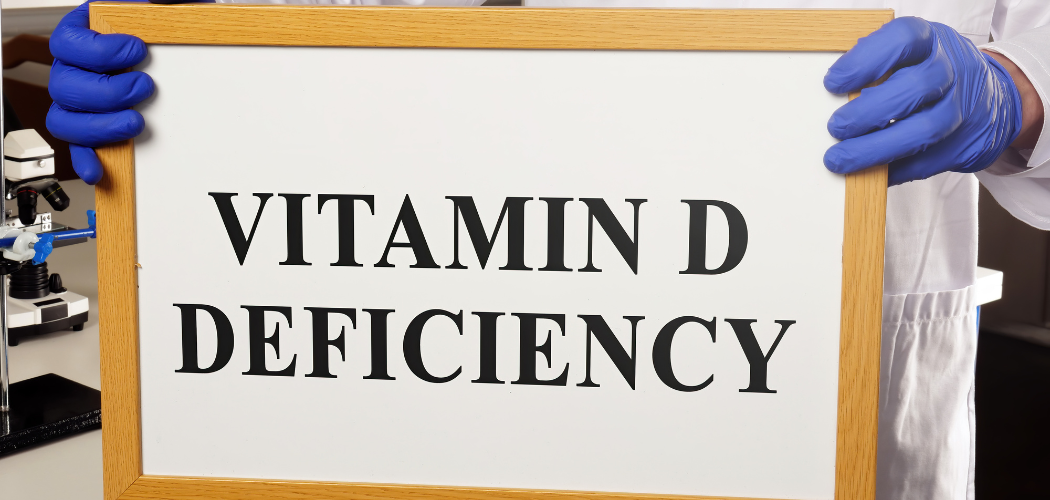Vitamin D is a vitamin that helps the body regulate calcium, preserving strong bones. There are two methods for getting vitamin D. To obtain vitamin D, there are two options. One comes from your food, and the other from spending time in the sun. You would need to consume certain fatty fish and fish oils (such as salmon and tuna), beef liver, cheese, egg yolks, fortified milk and morning cereals, and mushrooms exposed to UV radiation in order to receive adequate vitamin D in your diet. Most people's diets don't include enough vitamin D.
When vitamin D levels in the blood are below average, there is a vitamin D insufficiency. Determining if a person is vitamin D deficient is not always simple. You are more likely to develop a deficit if you are older than 50, have dark skin, have ongoing kidney or liver issues, are fat or overweight, get little to no sun exposure because you reside in a northern latitude, or you wear clothes. vitamin D deficiency even can lead to osteoporosis. Bone loss can result from a vitamin D deficiency.
A frequent side effect of vitamin D insufficiency is bone loss, but diagnosing it can be challenging because the symptoms aren't always visible. Here are several indicators that you may be deficient in this necessary nutrient:
-Your nails and hair become brittle or thin.
-You have unusual muscular discomfort and aches (myalgia)
-You experience taste-related issues.
Symptoms Of Vitamin D Deficiency-
Pain in your muscles and bones might indicate that your body needs more vitamin D. However, since other conditions, such as low levels of certain minerals, can also produce the same symptoms, experiencing these symptoms does not suggest you have a vitamin D deficit.
?Fatigue and tiredness
?Bone and back pain
?Impaired wound healing
?Hair loss
?Mood changes, like depression
?Muscle pain
?pain in your gums
Causes of Vitamin D Deficiency-
Vitamin D deficiency is brought on by the below-mentioned reasons:
1. You don't consume enough vitamin D from food and sunshine, or you don't get enough sunlight exposure.
2. The amount of vitamin D your digestive system is able to take from food is insufficient.
3. Your diet does not provide you with adequate vitamins and minerals. A rich vegan diet is essential for vitamin D absorption.
4. As you age, your kidneys become less able to convert Vitamin D into its active form, which raises your chance of developing a vitamin D shortage.
5. Another important factor in vitamin D insufficiency is obesity.
Treatment Of Vitamin D Deficiency:
Adults frequently lack enough vitamin D, but this condition is readily treatable. Vitamin D comes in two forms: D2 and D3. Ergocalciferol, often known as D2, is derived from plants. D3 is derived from animals and is also known as cholecalciferol. To purchase D2, you need a prescription. However, D3 may be purchased over the counter. Compared to D2, it is more readily absorbed and has a longer half-life in the body.
The most accurate method for determining how much vitamin D is in your body is with a 25-hydroxy vitamin D blood test. A range of 20 ng/mL to 50 ng/mL is thought to be suitable for healthy people. A reading of less than 12 ng/mL indicates a lack of vitamin D.
With a reputation for reliable tests and safe procedures, Diagnear is the top diagnostic facility in Delhi-National Capital Region. Take a vitamin D test immediately with us!



 Login/Sign Up
Login/Sign Up





